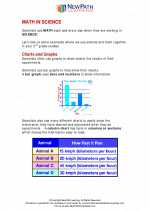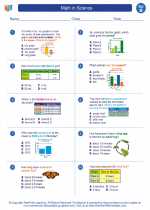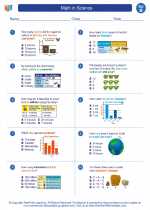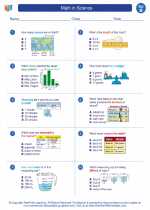Renewability
Renewability refers to the ability of a resource to be replenished or regenerated naturally, allowing it to be used indefinitely without the risk of depletion. This concept is important in understanding the sustainability of natural resources and their impact on the environment.
Examples of Renewable Resources
- Solar energy: The sun constantly produces energy that can be harnessed through solar panels.
- Wind energy: Wind turbines can convert the kinetic energy of the wind into electricity.
- Hydropower: The flow of water in rivers and streams can be used to generate electricity.
- Biomass: Organic materials such as wood, agricultural residues, and biofuels can be used as sources of energy.
- Geothermal energy: Heat from the Earth's core can be harnessed for power generation.
Study Guide for Understanding Renewability
Definition
Define renewability and explain why it is important for the sustainable use of resources.
Examples
Provide examples of renewable resources and how they are utilized to generate energy or provide other benefits.
Comparison with Non-renewable Resources
Discuss the differences between renewable and non-renewable resources, and the implications of relying on non-renewable resources for energy and other needs.
Environmental Impact
Examine the environmental impact of utilizing renewable resources compared to non-renewable resources, considering factors such as pollution, habitat destruction, and greenhouse gas emissions.
Sustainable Practices
Explore sustainable practices that promote the use of renewable resources, such as energy efficiency, conservation, and the development of renewable energy technologies.
Case Studies
Research and analyze case studies of communities or countries that have successfully incorporated renewable energy sources into their energy portfolios, and the benefits they have experienced as a result.
By understanding renewability and the importance of utilizing renewable resources, we can work towards a more sustainable and environmentally friendly future.
[Renewability] Related Worksheets and Study Guides:
.◂Science Worksheets and Study Guides Second Grade. Math in Science

 Worksheet/Answer key
Worksheet/Answer key
 Worksheet/Answer key
Worksheet/Answer key
 Worksheet/Answer key
Worksheet/Answer key
